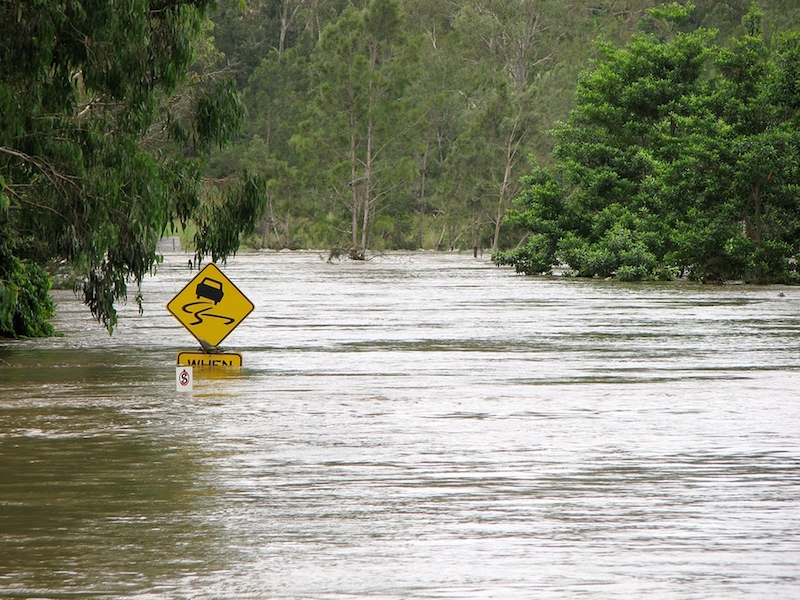How to Properly Deal with Floodwater Intrusion in Your Home
 Floods can wreak havoc in homes. That’s why it is important to proactively prepare for any flooding event before it can even strike. If you are living in an area that has experienced flooding in the past or is prone to flooding disasters, there are measures you can take to protect your property and your family. Read on to find out more.
Floods can wreak havoc in homes. That’s why it is important to proactively prepare for any flooding event before it can even strike. If you are living in an area that has experienced flooding in the past or is prone to flooding disasters, there are measures you can take to protect your property and your family. Read on to find out more.
Protect your property from future flood damage
You must follow all building codes and make use of flood-resistant materials and techniques. For instance, many storm window and storm door products can prevent floodwater from seeping into your home when they are closed. Also, make sure that basement vents can be sealed to prevent water from entering that route.
Work with your building contractor to ensure that all electrical components are elevated and protected from anticipated floods. Also, elevate critical appliances to prevent them from coming into contact with floodwater. Lastly, also see to it that household chemicals are stocked away in an elevated position to prevent them from contaminating your home in the event of floodwater intrusion.
Prepare an emergency kit
Assemble a disaster provision kit that includes drinking water, food that needs no cooking or refrigeration, medicines, battery-powered radio, flashlights, batteries, clothing, and toiletries. Also include important documents like insurance papers, medical records, and bank records, and keep them in a watertight container so that they wouldn’t get wet.
Know where to go
Create a disaster plan and discuss it with your family. Identify safe travel routes and meeting places that are not prone to flooding.
Get to higher ground
Always monitor updates from your local government or from federal agencies like the National Oceanic Atmospheric Administration (NOAA). If you are asked to evacuate your area, get to higher ground immediately. Shut off all utility lines, including water, electricity, and gas, and secure your home by locking all windows and doors. In the event of a flash flood wherein, you don’t have much time to move away from your home, climb to a higher floor or to the roof of your home immediately.
Don’t walk or swim through floods
Never attempt to cross a flood, especially flowing water. By walking on floodwaters, you run the risk of getting electrocuted. If you try to walk or swim through flowing water, you can get knocked off easily, even if the water is just 6 inches deep. Debris moving with the water can also cause injury.
Assume that your property is not safe
Don’t go back to your property until the authorities confirm there is no more danger of further flooding. Always assume that a flooded house is not a safe place because of the many hazards that could be present. Flooded electrical components, sewage water-contaminated items, and mold-infested interiors are just some of the dangers you could be facing.
It is important to have an electrical contractor and a disaster restoration professional check your property to determine what could be done to alleviate the situation. Also make sure to take pictures of the damage your property has suffered in order to properly document the event for insurance claims purposes.
If you have experienced flooding in your home and you need immediate help, please call KW Restoration at 719-301-3737. Our team will promptly inspect your property and perform the necessary procedures for quick disaster mitigation.
